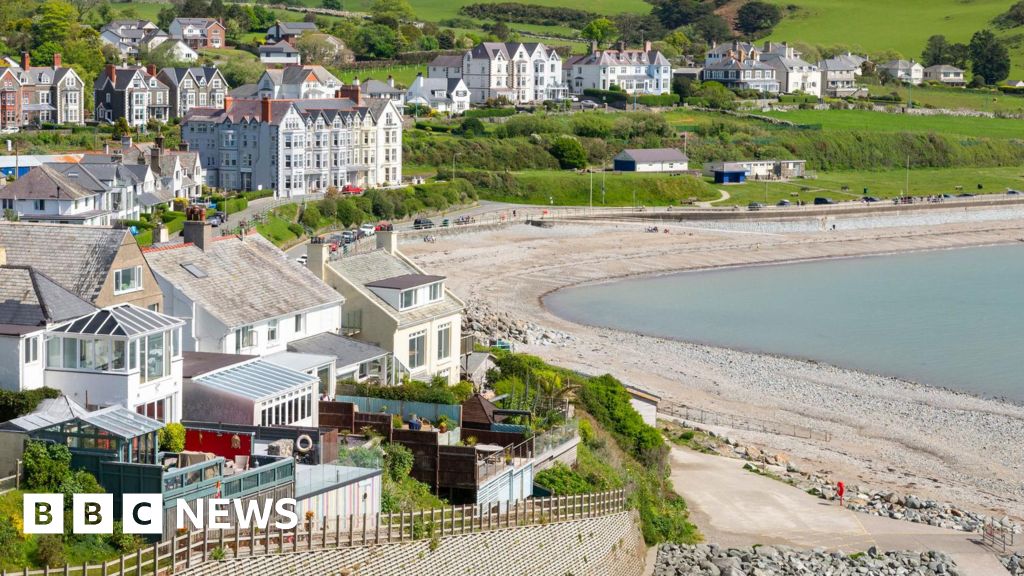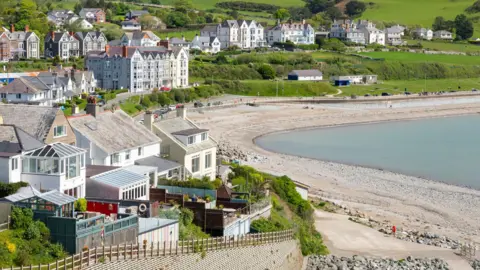 Getty Images
Getty ImagesIntroducing a tourism tax in Wales would be a “very risky economic move” which could jeopardise jobs and businesses, the UK’s largest holiday let provider has claimed.
Charging people extra for overnight stays would mean “taxing something you really want to encourage”, said Ben Spier of Sykes Holiday Cottages.
The Welsh government wants people staying overnight in Wales to pay £1.30 plus VAT per night for hotels, B&Bs and self-catering accommodation, and 80p plus VAT for hostels and campsites, possibly from 2027, if passed by the Senedd.
It said the levy could raise up to £33m per year to support and improve tourism in local areas and that councils would choose whether to charge it.
The Welsh government said it believed “it is fair that everyone contributes towards the services they use”.
Tourism employs nearly 160,000 people in Wales, and is thought to be worth between £3bn and £4bn to the economy.
Although children would be exempt from lower cost accommodation like camping, if approved, the levy would also apply to people who live in Wales.
Mr Spier, of Sykes, which has 22,500 UK properties including more than 4,000 in Wales, said: “I don’t think a tourism levy necessarily says to visitors, ‘you’re not welcome’. But I think it’s just pure economics. I just think it’s a very risky economic move.”
He added: “There is a risk of just making Wales that bit less competitive.
“We’ve seen the largest theme park in Wales close in the last few weeks because of increasing costs… is this really what you want to be putting a tax on?”
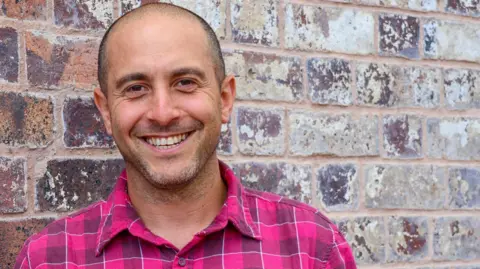 Sykes Holiday Cottages
Sykes Holiday CottagesHe said there was a risk border towns might suffer if people choose areas in England where there was no tax, “only jeopardising those that rely on those tourist jobs”.
With customers looking for competitive prices, he said operators might absorb the tax themselves, warning: “You’re absolutely risking either that you’re increasing prices and that you risk driving tourists away from Wales altogether, or you’re hitting the bottom line for operators who may choose to do something else.
“So there’s a ripple effect across the economy from local suppliers and contractors to cultural attractions.”
Like some others in the sector, he was concerned overnight stays were being targeted, while day-trippers – which some believe put more pressure on local services and contribute much less economically – would not pay the levy.
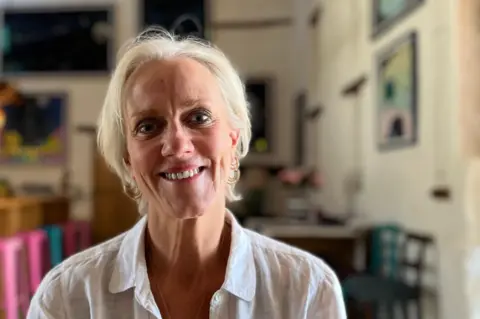
Laura Tenison owns Wonderful Escapes near Abergavenny, Monmouthshire, where she has 16 bedrooms and specialises in business and wellness retreats.
Close to the border, she can see seven counties on her evening walk – five of them in England.
She said she believed a tourist tax “makes sense” in places with a high tourist concentration in a small area like Edinburgh, where “there’s a massive shortage of accommodation”.
But Wales was very different, she said, and “we’re already seriously struggling to encourage inbound tourists to the UK to visit”.
Not opposed to raising money from tourists, she said: “Apparently, it costs £10 to have an Instagram picture at Land’s End nowadays.
“Why don’t we do that for Tenby High Street or any of the highest peaks of the mountains? If that’s the case, where we are absolutely drowning in tourists, we can tax them at point of use.
“But don’t make this a national issue that is only going to be negative publicity for those inbound tourists who may or may not be considering Wales, and have a detrimental effect on the industry already struggling to fill their nights.”
If a tax is introduced Ms Tenison said there was “absolutely no way that I am going to impose this on my guests,” and her business would “swallow it”.
It comes as an industry body has warned thousands of tourism jobs could be lost in Wales without changes to holiday let rules.
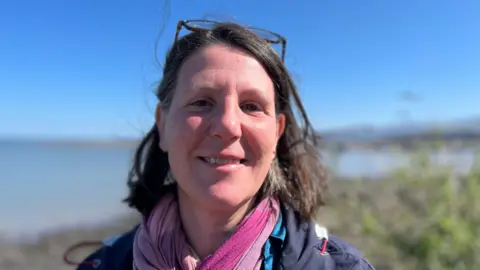
Dr Linda Osti, senior lecturer in tourism management at Bangor Business School, prepared a report for the Welsh government and studied five areas in the world operating a levy.
Venice recently introduced an entrance tax for day visitors to counter over-tourism at peak times of the season.
She said she believed a levy in specific areas – rather than councils imposing it county-wide – would work in Wales.
“We cannot say that the same recipe works for every single destination in Gwynedd, and so it’s the same talking about south or south west Wales,” she said.
“The same recipe cannot work so there is a need to be more tailored to different tourism destinations.”
She agreed a tourism tax might initially see a drop in visitor numbers in some areas, but long-term numbers could recover if tax revenue is used to improve services for visitors.
“I think the doors are open,” she said, adding: “It’s just about implementing it in the correct way and I think Wales has the potential to let it work.”

Steven Hesketh, director of Hotel Wrexham in Holt, is fully behind a tourism levy in Wales, but one that is managed by the industry.
He is CEO of Savvy Hotels group and vice chair of the Liverpool Accommodation Business Improvement District (BID).
The BID sees hoteliers and other members paying into a pot which is used to invest in improving experiences and attracting large events and more visitors.
But they were balloting to switch to a new model where visitors would pay £2 plus VAT per hotel room, within a designated area of the city. The BID board would then decide where to invest.
He said he believed a similar model would be best for Wales.
“I think most businesses have that general feeling that when money goes into the big conglomerate that is the government or local council, that maybe you don’t see every pound that goes into there, because it can be used for other necessary funds.
“That’s not a criticism of local councils or government, but actually for this particular fund we want total transparency, total responsibility, of where every penny goes.”
He added: “Those at the forefront of the industry… are best placed to know where to spend that money.”
